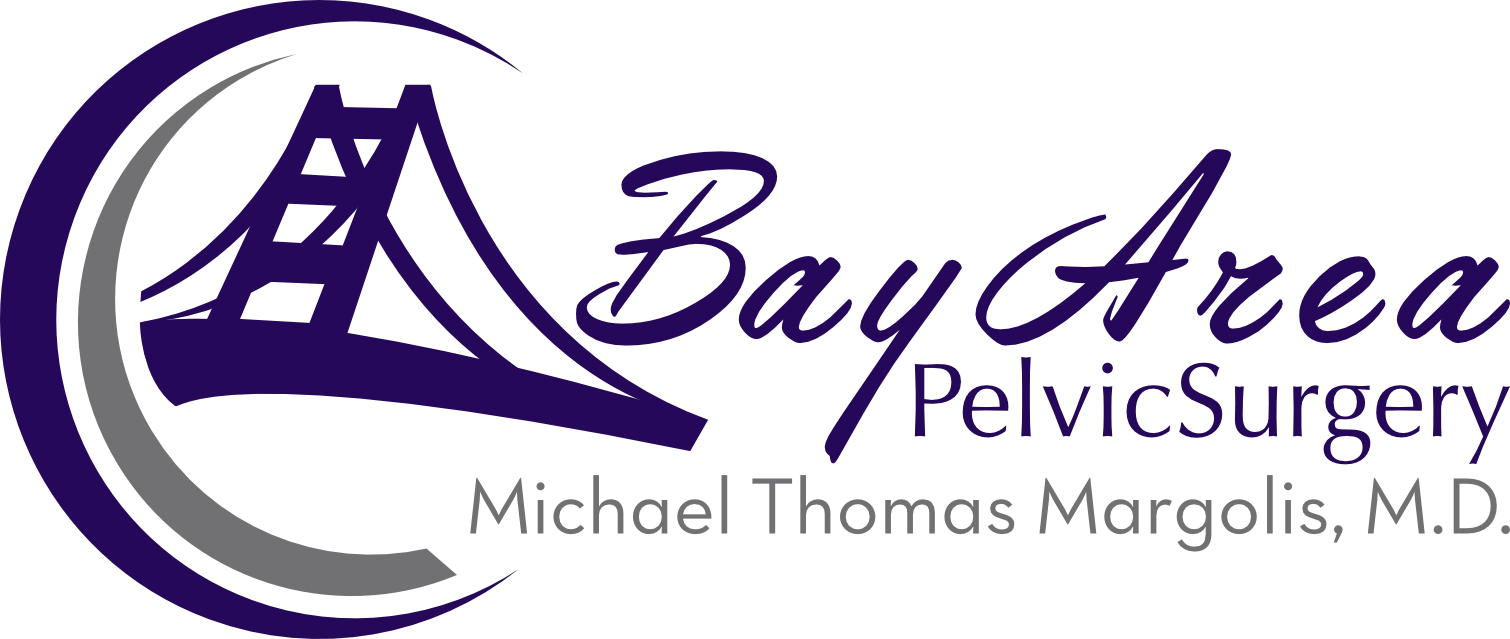Dr. Margolis is highly skilled and EXPERIENCED IN SURGICAL MANAGEMENT OF ENDOMETRIOSIS and OVARIAN CYSTS
Surgical treatment for endometriosis can be useful when the symptoms of endometriosis are severe or when there has been an inadequate response to medical treatment.
Surgery is the preferred treatment when there is anatomic distortion of the pelvic organs or obstruction of the bowel or urinary tract. Surgical therapies for endometriosis may be classified as conservative, in which the uterus and ovaries are preserved, or definitive, which involves hysterectomy (removal of the uterus), with or without removal of the ovaries.
Conservative surgery is typically carried out by laparoscopy. Endometrial implants may be excised or obliterated. If the disease is extensive and the anatomy is distorted, laparotomy (opening of the abdominal wall via a larger incision) may be required. While surgical treatments can be very effective in the reduction of pain, the recurrence rate of endometriosis following surgical treatment can be high, so oftentimes women are advised to take oral or injectable medications after surgery to help suppress endometriosis.
The majority of ovarian cysts are benign. Although many cysts can be managed conservatively, cysts often do need to be surgically excised. Most cysts can be removed without taking the ovary though sometimes that is not possible. Most ovarian cysts can be managed laparoscopically.
Endometriosis and OVARIAN CYST FAQ
What is endometriosis?
Endometriosis is a condition in which the tissue layer that lines the inside of the uterine (endometrium) resides in an abnormal location outside of the uterus. This endometrial tissue still responds to the hormones regulating the menstrual cycle and can lead to significant pelvic pain and scarring. Typical locations for endometrial deposits include the ovaries, fallopian tubes, bowel, bladder, and pelvic sidewall.
What causes endometriosis?
The exact cause of endometriosis is unknown. There are several competing theories about the cause of endometriosis. One leading theory suggests retrograde menstruation, or menstrual flow going backwards through the uterus into the fallopian tubes and implanting into the abdominal cavity and pelvic structures, can cause endometriosis. There is also likely a genetic component to endometriosis, as it is six to seven times more prevalent among first-degree relatives of women who suffer from endometriosis.
What are typical symptoms of endometriosis?
Symptoms of endometriosis can include:
pain and cramping with menstrual cycles (dysmenorrhea)
pain during ovulation
painful intercourse (dyspareunia)
painful bowel movements
subfertility
pelvic pain
How is endometriosis diagnosed?
Endometriosis is often suspected based on the woman's symptoms, and sometimes during a physical examination, but definitive diagnosis requires surgery, usually as an outpatient laparoscopic procedure.
What treatments are available for endometriosis?
Treatment of endometriosis includes medication and surgery for both pain relief and treatment of damage to other organs. Medications can include non-steroidal anti-inflammatories such as motrin, oral contraceptives to regulate the menstrual cycle, leuprolide to induce a temporary “medical menopause”, or surgery to identify and remove endometrial deposits.
What are the advantages of choosing a specialist for endometriosis and OVARIAN CYST surgery?
Over time, endometriosis can cause extensive scarring and distortion of normal pelvic anatomy, increasing the risk of complications or inadvertent injury at the time of pelvic surgery. Due to his extensive training and experience, Dr. Margolis has become highly skilled at delicate dissection techniques to remove endometrial deposits, ovarian cysts, and the associated scarring or adhesions in a safe and efficient manner.

